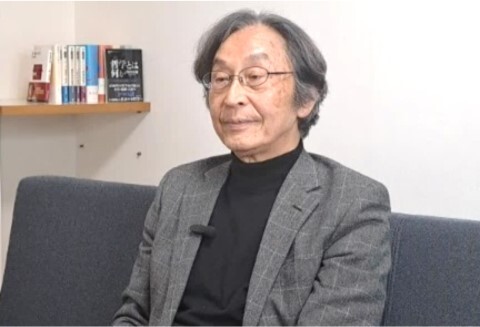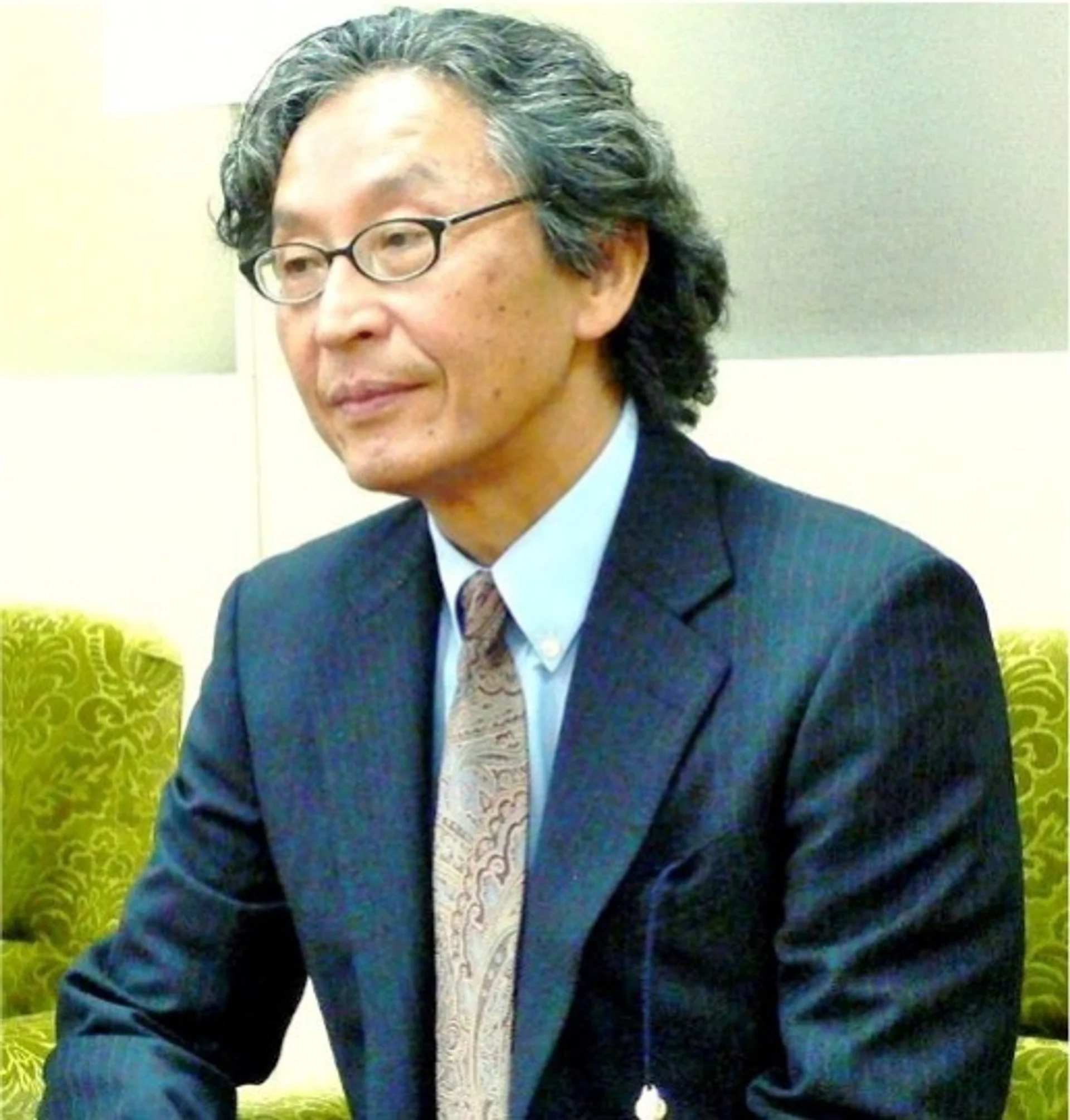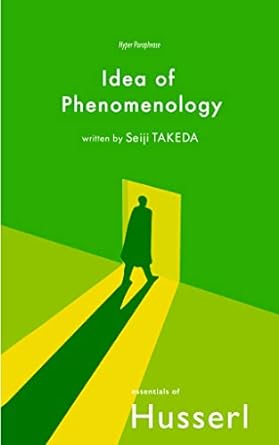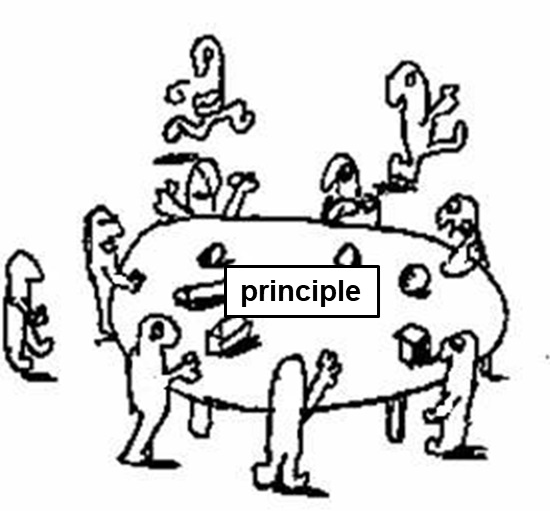
Renaissance in Philosophy
ー Toward a Global Philosophical Renaissance
The New Phenomenological Movement in Japan ー
…… This site introduces the philosophy of Seiji Takeda, a Japanese philosopher who develops phenomenology, proposed by Husserl, as a principle of thought for pursuing the essence of human meaning and value(Site administrator)
🄫TAKEDA SEIJI All Rights reserved
↓CONTENTS↓
Unfolding the true potential of phenomenology
for the future of humanity.
What is Husserl's true intention?
The true struggles of our time, the only ones which are significant, are struggles between humanity which has already collapsed and humanity which still has roots but is struggling to keep them or find new ones. The genuine spiritual struggles of European humanity as such take the form of struggles between the philosophies, that its, between the skeptical philosophies – or nonphilosophies, which retain the word but not the task – and the actual and still vital philosophies. (Husserl: The Crisis of European Sciences and Transcendental Phenomenology §6)
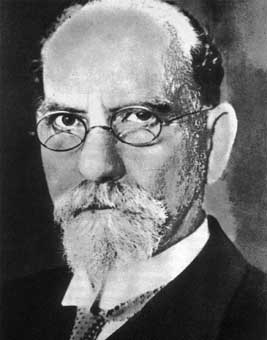
Takeda’s Philosophical Manifesto
Today, in the 21st century, philosophy has lost its essence, has collapsed and is on the verge of death. Why is this? The true essence of philosophy lies in the method of universal insight, which aims at universal knowledge. But in contemporary philosophy, with rare exceptions, relativism, which denies the fundamental method of philosophy, dominates.
The denial of universal knowledge is the banner of relativism. Fashionable as it has been in our time, it has also been the worst scourge of contemporary philosophy. The great achievements of philosophy can only emerge when relativism has been overcome.
Now we must thoroughly renew the concept and picture of philosophy, and therefore we need a radically new philosophy.
Philosophy is a verbal explanation of the world. However, philosophy does not capture the ‚truth‘ of the world. Words cannot capture the truth, and can only give the picture of the world. Philosophy explains the world by its own way of ‚universal insight‘. Only this way makes the philosophical explanation of the world ‚universal‘.
Only human beings explain the world through language. Since ancient times, there have been two ways of explaining the world. First, religion arose to give the explanation by telling stories. Religion was followed by philosophy, which for the first time opened the way to universal insight. This made philosophy the tool of principle.
What is “principle”? Questions are asked in the beginning, but it is not that every question is answered with universal knowledge. Thinking by “princple” seeks to inquire whether these questions can be answered by a way of explanation that is valid for anyone and everyone. This will lead to the creation, not of an absolute knowledge (truth), but of a universal account of the world that can be shared by all.
The successful principles of philosophy can only be established by passing them on from one philosopher to another. The philosophical achievements of individual philosophers become meaningful only through this relaying the baton of principles. The importance of a philosophy depends on whether its principle can advance the existing principles handed down by previous philosophers one step further. No matter how much a philosophy attracts attention in a certain period of time, it is destined to disappear if it has no new principle of its own.
Only an essential philosophy aspires to develop new radical principles. It is based on such principles that philosophy can establish itself as a Logos that is accountable for the realities of the world and ensure a promising future prospect for human beings and societies.
(Quoted from the NEW Guide to Philosophy, 2022)
